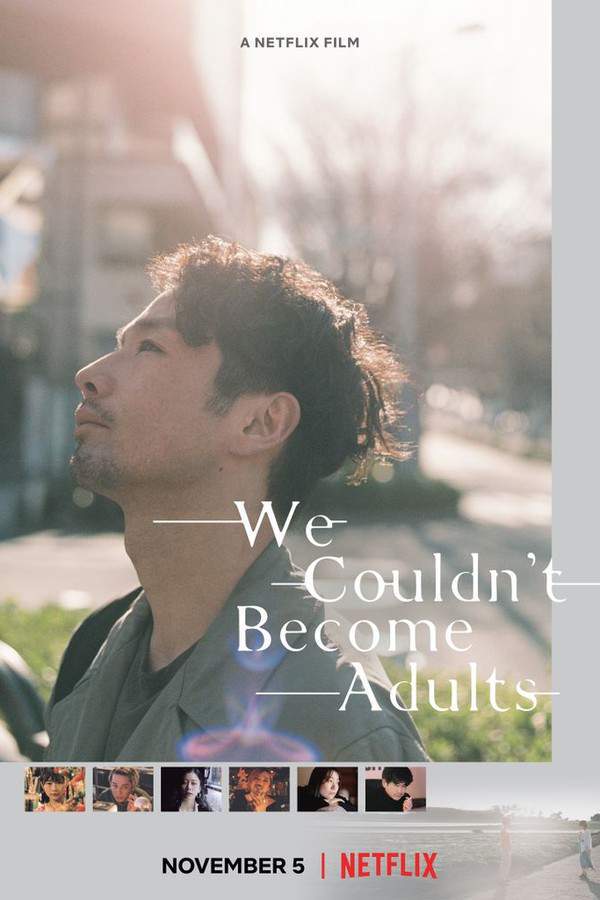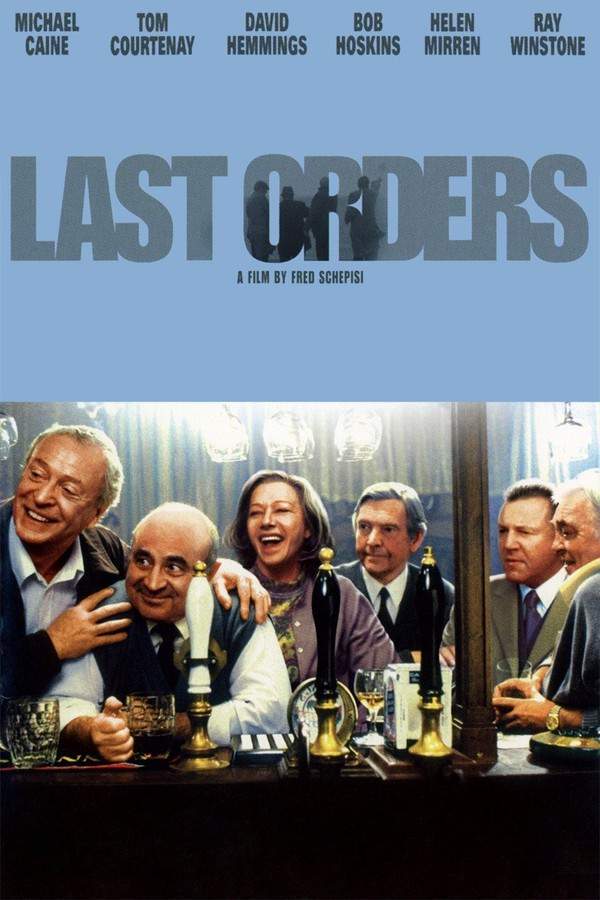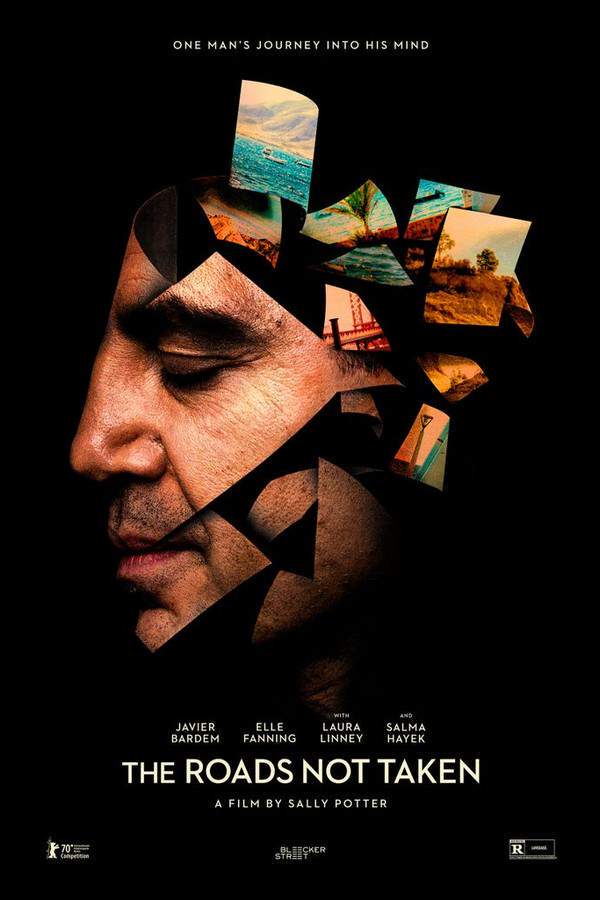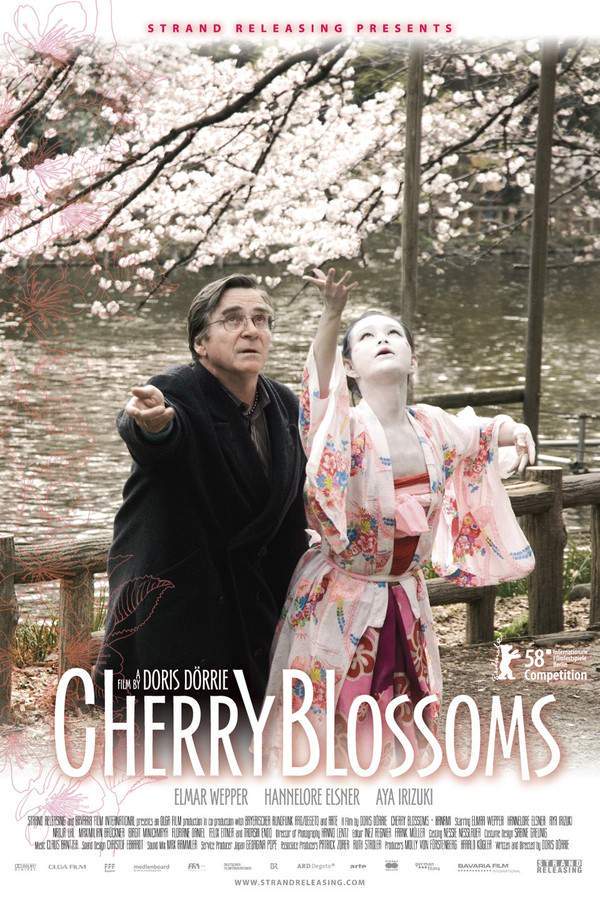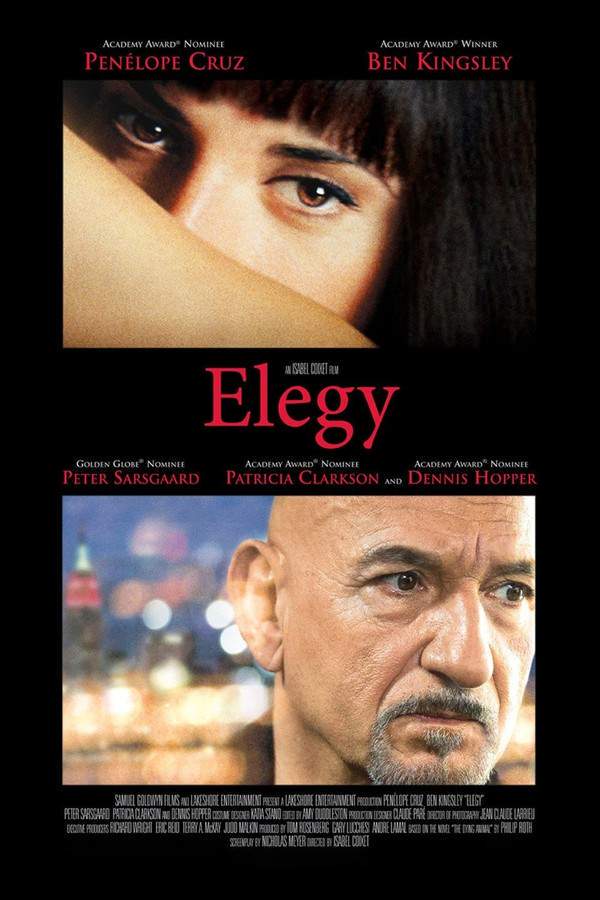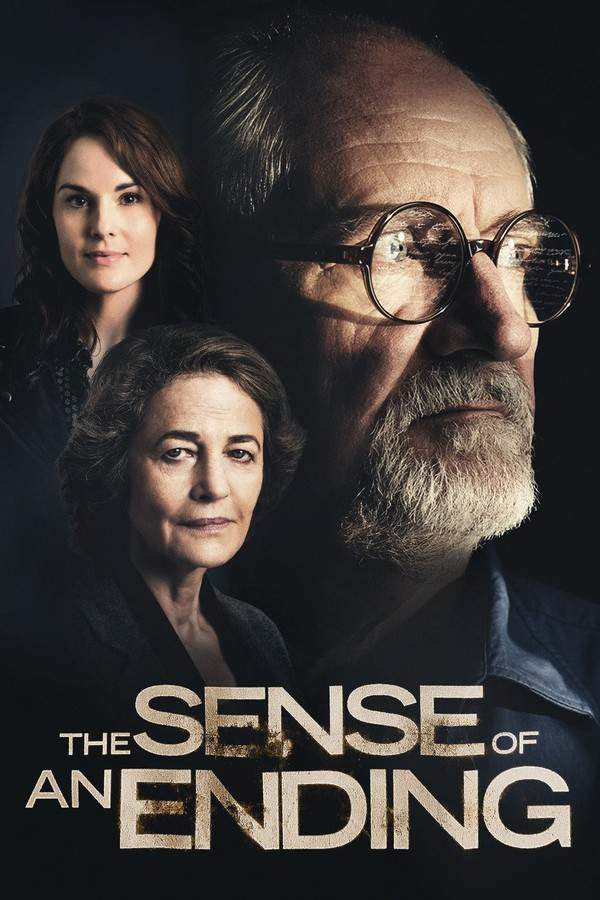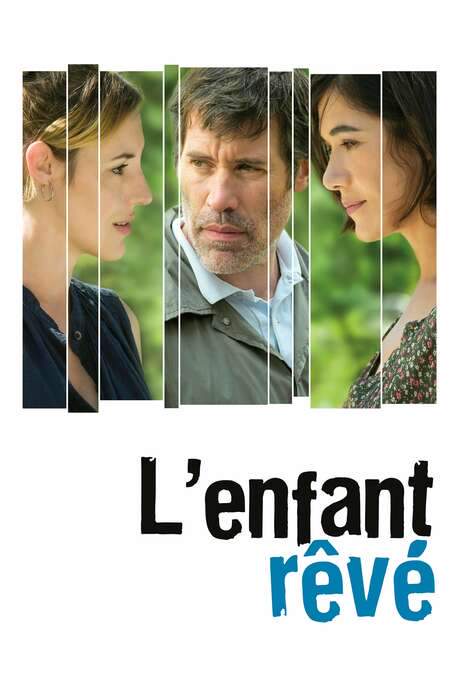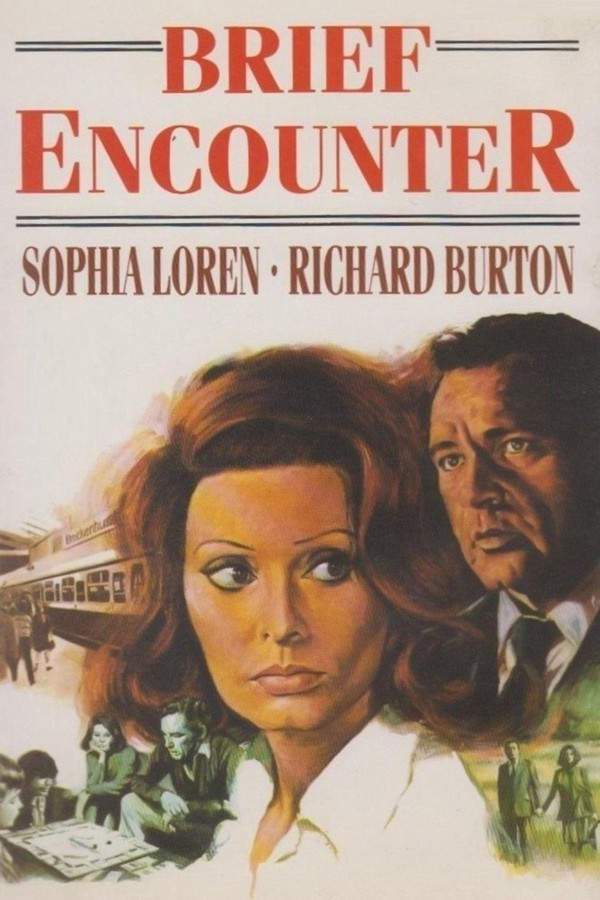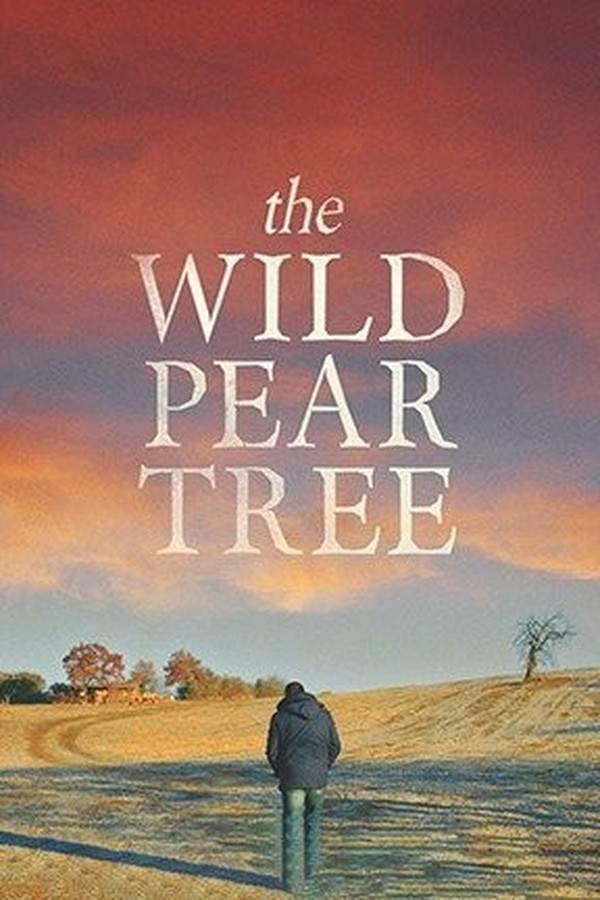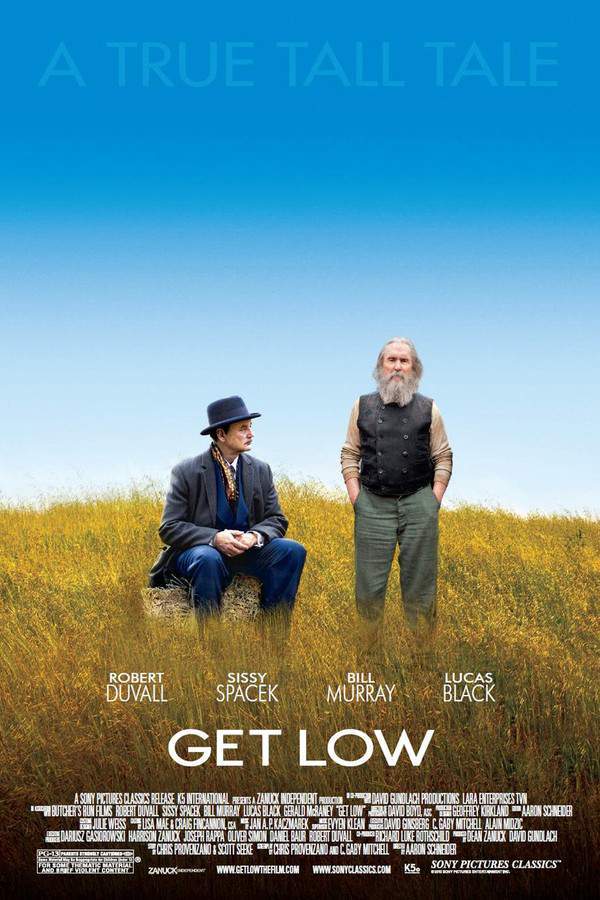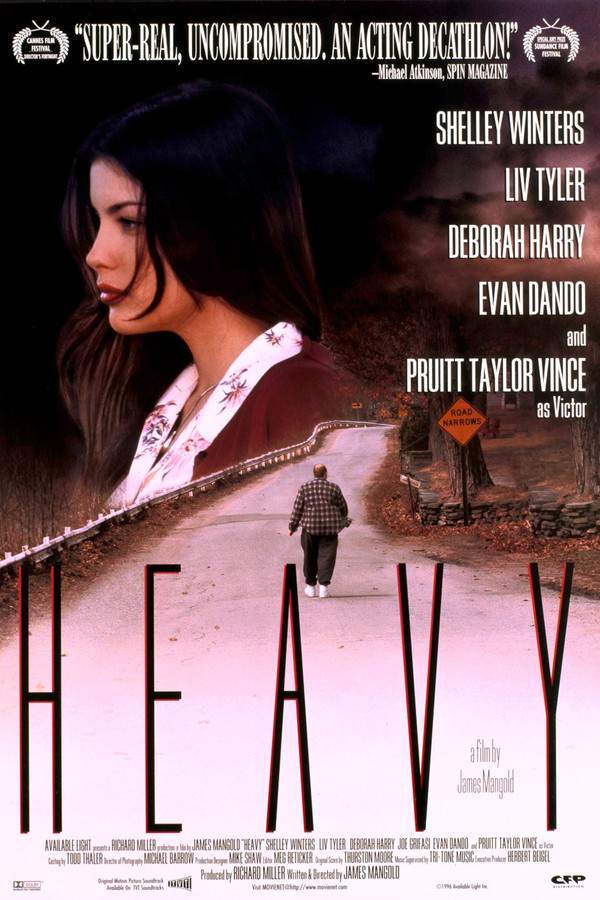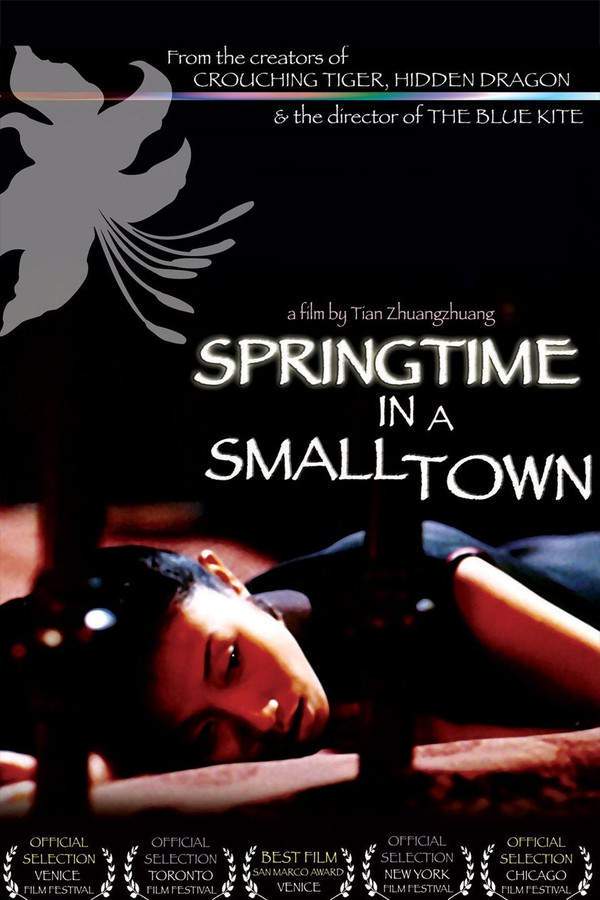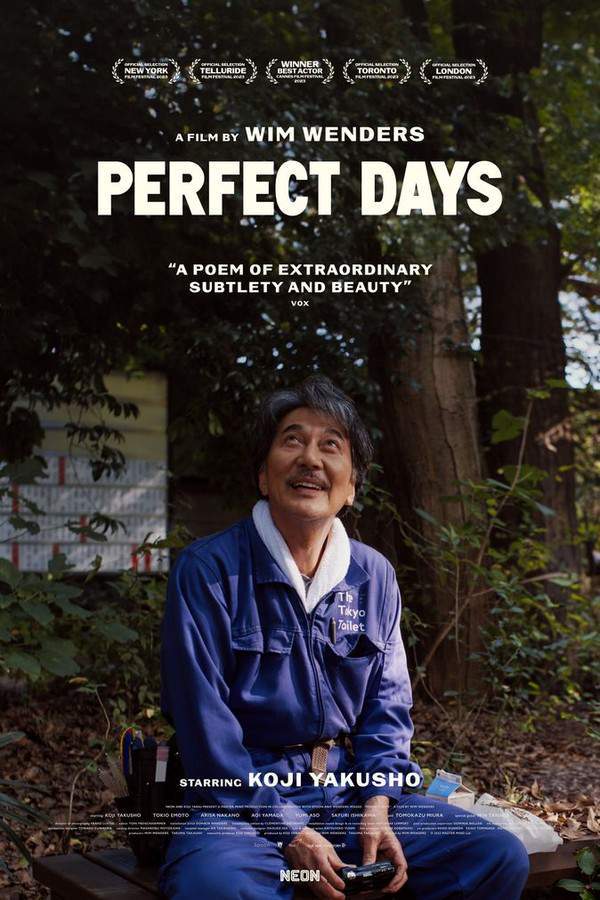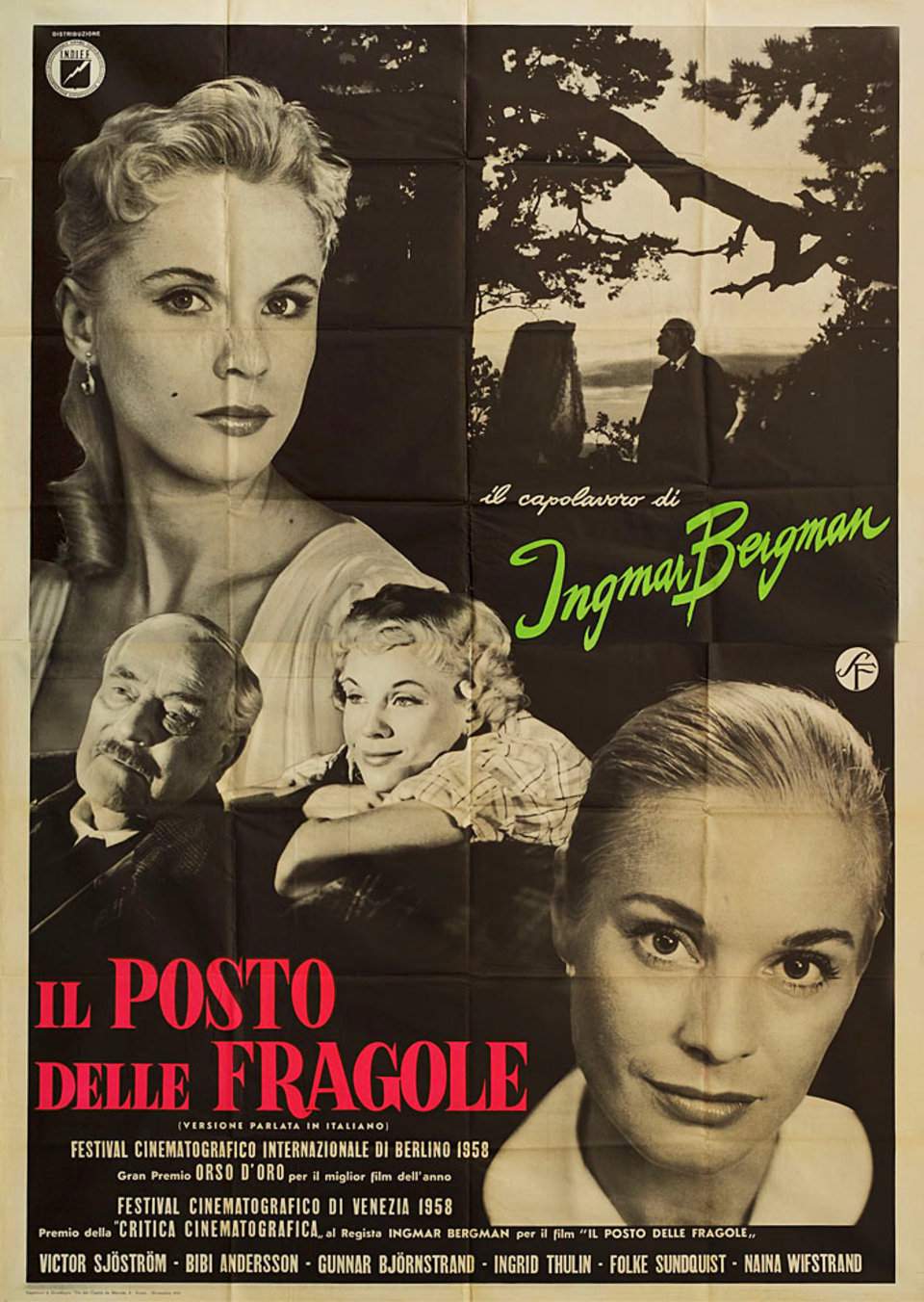
Wild Strawberries
Year: 1959
Runtime: 91 min
Language: French
Director: Ingmar Bergman
Fate intervenes when a privileged young woman crosses paths with a humble supermarket worker, sparking an unexpected connection that bridges their vastly different worlds.
Wild Strawberries (1959) – Spoiler-Free Movie Summary & Plot Overview
Get a spoiler-free look at Wild Strawberries (1959) with a clear plot overview that covers the setting, main characters, and story premise—without revealing key twists or the ending. Perfect for deciding if this film is your next watch.
In the gentle heat of a Swedish summer, a quiet road stretches between Stockholm and Lund, inviting travelers to linger in its soft‑lit landscapes. The film moves with a measured, almost lyrical pace, letting the passing countryside—sun‑dappled fields, shimmering lakes, and modest roadside cafés—reflect the inner rhythms of its passengers. Light drifts through the windows of an aging sedan, casting patterns that suggest both nostalgia and the inevitable flow of time, while a tender, melancholic score underscores every mile with a sense of quiet wonder.
At the heart of the journey sits Isak Borg, a 78‑year‑old professor of bacteriology whose reputation is built on a half‑century of disciplined work. Though celebrated in his field, he carries the weight of a life lived largely in routine, now heading toward an honorary ceremony that marks a professional milestone. Sharing the car with his pregnant daughter‑in‑law, Marianne, who harbors her own tensions, the pair form a fragile bridge between generations, each subtly probing the other’s unspoken concerns while the road nudges them toward reflection.
Along the way, a series of chance encounters introduces strangers whose presence acts like mirrors for the professor’s recollections. A youthful group, a bitter couple, and a mysterious young woman who resembles a lost love all slip into the passenger seat, prompting quiet conversations that stir memories of childhood summers spent gathering strawberries and of choices long since made. These fleeting connections hint at the ways personal histories intertwine, offering the elderly doctor a glimpse of the vitality he once knew and the quiet longing that still resides within him.
The tone remains introspective yet warmly human, blending tender melancholy with moments of understated humor. As the landscape rolls by, the film invites viewers to contemplate the passage of years, the quiet dignity of ordinary lives, and the delicate ties that bind strangers together—leaving a lingering sense of hope and contemplation long after the journey concludes.
Last Updated: August 10, 2025 at 14:20
Explore Movie Threads
Discover curated groups of movies connected by mood, themes, and story style. Browse collections built around emotion, atmosphere, and narrative focus to easily find films that match what you feel like watching right now.
Reflective Journeys Like in Wild Strawberries
Quiet stories where characters confront their past to find peace in the present.Explore movies like Wild Strawberries that follow quiet, introspective journeys. If you appreciated the blend of memory, regret, and self-discovery in Wild Strawberries, you'll find similar character-driven dramas here that use a slow pace to delve into the past for meaning and a bittersweet sense of closure.
Narrative Summary
The narrative typically unfolds as a character, often later in life, embarks on a journey—literal or psychological—that triggers a cascade of memories and dreams. The plot is secondary to the emotional arc of reconciling with past actions, leading to a climax of acceptance rather than a traditional resolution.
Why These Movies?
These films are grouped by their meditative tone, focus on internal conflict over external plot, and their use of non-linear storytelling like flashbacks and dream sequences to explore the weight of a life lived. They share a melancholic yet peaceful atmosphere and a slow, deliberate pacing that allows for deep introspection.
Movies with a Poetic Melancholy Vibe Like Wild Strawberries
Films that find profound beauty and sadness in the quiet moments of ordinary life.Discover films that share the quiet, melancholic, and poetic atmosphere of Wild Strawberries. If you were drawn to its dreamlike mood, peaceful pacing, and thoughtful exploration of life's big questions, this collection features similar dramas where emotion and tone are the primary drivers of the story.
Narrative Summary
Stories in this thread are often character studies with simple, linear or lightly fragmented structures. The conflict is internal or interpersonal, unfolding through dialogue, silence, and evocative imagery. The narrative serves the mood, leading to an ending that feels emotionally truthful, often bittersweet or quietly hopeful.
Why These Movies?
These films are united by a specific emotional palette: a gentle, melancholic tone, a slow and peaceful pace, and a medium emotional weight that feels profound without being overwhelming. They create a cohesive, immersive vibe where the feeling of the film is as important as the story it tells.
Unlock the Full Story of Wild Strawberries
Don't stop at just watching — explore Wild Strawberries in full detail. From the complete plot summary and scene-by-scene timeline to character breakdowns, thematic analysis, and a deep dive into the ending — every page helps you truly understand what Wild Strawberries is all about. Plus, discover what's next after the movie.
Wild Strawberries Summary
Read a complete plot summary of Wild Strawberries, including all key story points, character arcs, and turning points. This in-depth recap is ideal for understanding the narrative structure or reviewing what happened in the movie.

Wild Strawberries Timeline
Track the full timeline of Wild Strawberries with every major event arranged chronologically. Perfect for decoding non-linear storytelling, flashbacks, or parallel narratives with a clear scene-by-scene breakdown.

Characters, Settings & Themes in Wild Strawberries
Discover the characters, locations, and core themes that shape Wild Strawberries. Get insights into symbolic elements, setting significance, and deeper narrative meaning — ideal for thematic analysis and movie breakdowns.

More About Wild Strawberries
Visit What's After the Movie to explore more about Wild Strawberries: box office results, cast and crew info, production details, post-credit scenes, and external links — all in one place for movie fans and researchers.


